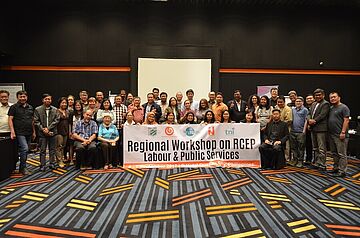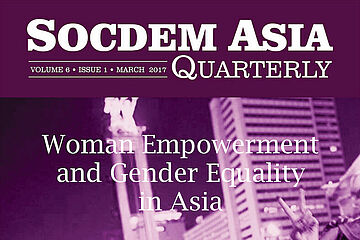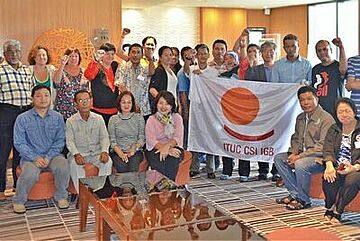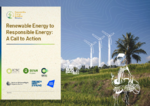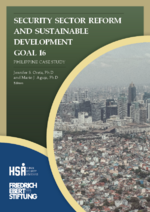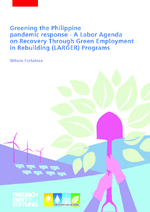Our Work
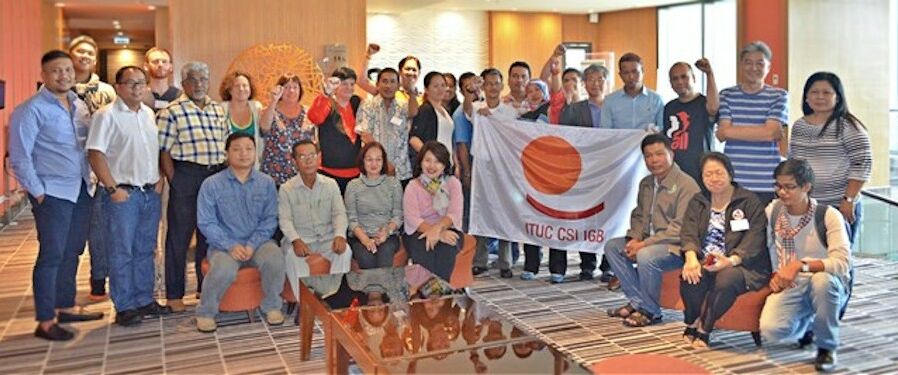
Sustainable Society
Societies are sustainable where human rights are recognized and promoted, where people have access to quality basic services and are protected from social hazards and risks. Such aspirations still remain unmet in many countries and also in the Philippines where health, education, and other basic services remain insufficient and out of reach for large sectors of society.
Hence, social justice must become an integral part of policy decisions and processes. Frontline government institutions and relevant civil society actors are provided spaces to determine gaps in social policy and identify measures to promote the welfare of all, especially focusing on the needs of marginalized and underrepresented sectors.
To contribute towards a sustainable society, FES works together with partners to:
- Support the modernization of social security schemes as a primary reform area among key political and social actors;
- Strengthen the capacity and the political representation of trade unions and organizations of working people; and,
- Facilitate dialogues among migrants and migrants’ rights advocates, government institutions, policy-makers and other stakeholders on promoting the welfare of migrants and their families through responsive migration policies.
Key Areas of Work
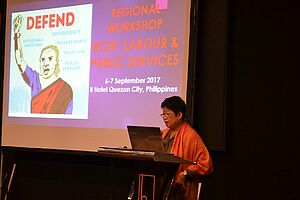
Social Security Reform
As an institution committed to the principles of social democracy, the Friedrich-Ebert-Stiftung considers the role of the state as crucial in providing basic necessities and in balancing public and private systems that cover social security. The many and the varied social security systems that are available in the Philippines ought to be thoroughly examined as the starting point of strategic modernization measures and policies. The main focus is directed at public and private systems that govern pensions, health services, and insurance schemes.
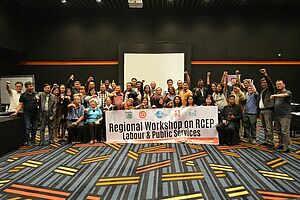
Trade Union Dialogue
Having roots in the labor movement, the Friedrich-Ebert-Stiftung pays particular attention to labor issues. FES contributes to reform initiatives such as the review of the Labor Code, and provides venues for a thorough understanding of labor-related themes and issues such as decent work and employment, fair wages and benefits, security of tenure, gender justice, industrial relations, codes of conduct, the situation of workers in the informal economy, as well as concerns on the rights and welfare of public sector employees.
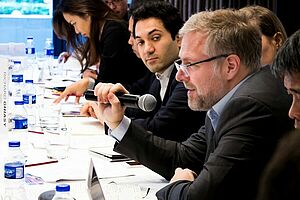
Labor Migration
Labor migration is a reality for many workers in the Philippines in particular and in Southeast Asia in general. FES supports regular platforms for research and multi-stakeholder dialogues on aspects pertaining to the migration phenomenon. These activities try to find solutions that reconcile the economic, social and human rights dimensions of labor migration.
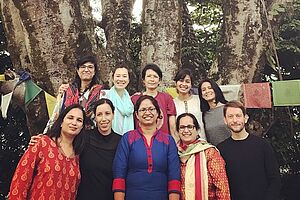
Gender
An important aspect on development and international work is the inclusion of gender as a strategic component. Projects of FES contain a dedicated section to check its gender component such as its variable impact on men and women, and its strategy to address the gender gap. Aside from this overall strategy of all-gender inclusion approach, FES also has separate gender programs in place such as a preferential policy for gender quota, a political feminism regional campaign, among others.
Related Articles
Friedrich-Ebert-Stiftung
Philippines
Unit 2804 Discovery Centre #25 ADB Avenue, Ortigas Center 1605 Pasig City, Metro Manila Philippines
info.ph(at)fes.de


